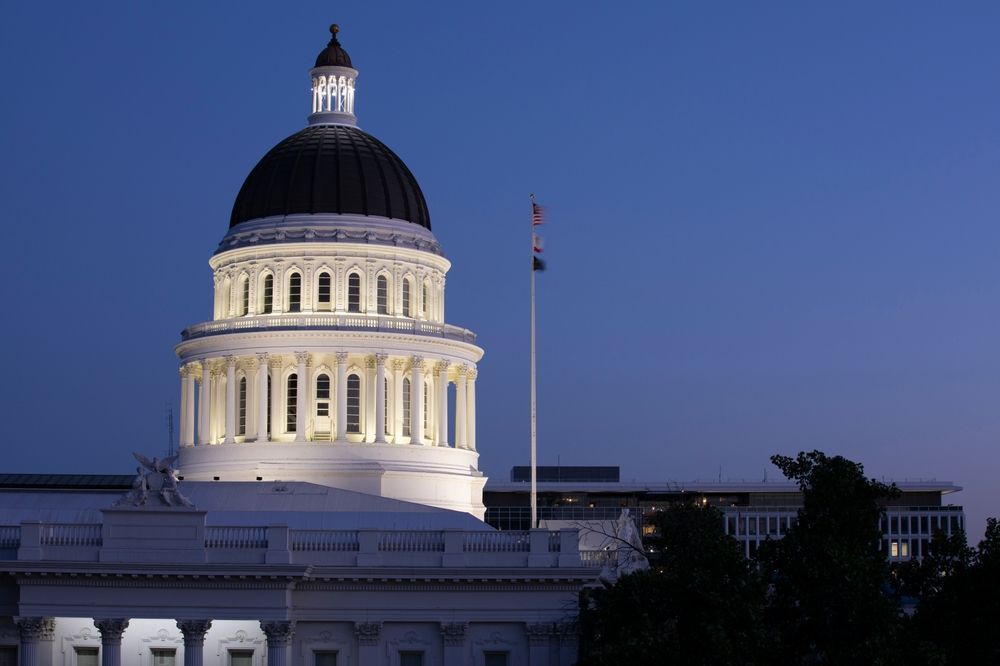Tips for Combating DOB Redactions in California Court Research
23 June 2023
Share this article:

Date of birth redactions are not a new thing for background search companies. Several states have enacted legislation that limits the access of personally identifiable information from court records. However, a 2021 California court decision has created a set of obstacles that require screening companies to adopt even more innovative new approaches.
What Are DOB Redactions in California?
California now prohibits background screening companies from using DOB, driver license numbers and some other identifiers to filter online search results from court records. As the result of a 2021 court ruling, All of Us or None – Riverside Chapter vs. W. Samuel Herrick, California Superior Courts have removed DOB as a search field in online portals and courthouse public access terminals.
Because of these changes, an individual’s name is the only identifier that can be used as an online search key. This can work for a person with an unusual name, but for common names, the screener must pull records and do further research to determine whether they pertain to the correct individual.
Most county courts are still providing DOB information on request. However, a number of counties have established procedures that make it difficult and time-consuming to obtain this information. For example, some are requiring CRAs to make an appointment to get the information and then limiting appointment times. Others are limiting the number of requests that an agency may make on the same day. Some offices require an additional fee. Others are refusing the requests entirely.
The new restrictions fall in line with the idea that people, especially those who have been convicted of a crime in the past, deserve the opportunity to move forward with their lives with no more obstacles than are absolutely necessary. They build on the principles of fair chance hiring, which has been adopted by many employers and is enforced by law in quite a few states.
CRAs and employers have pushed the California legislature to pass laws that would reverse the court’s decision. The lawmakers did so, however, Governor Newsom vetoed the bill. While these affected parties will continue to lobby for a change, for the foreseeable future, CRAs and employers are going to have to work within the new restrictions. Since the overall trend, nationwide, is for more rather than fewer restrictions on background checks, these obstacles may be here to stay.
How DOB Redactions on Background Checks Affect Everyone
Researching court records has never been easy. Different jurisdictions have different procedures and store data differently. In California, CRAs need to be aware of the state’s unique background check laws. The state already had greater costs and longer turnaround time for searches than other states. With the new DOB redactions, searches in California will be more complex and even more costly and time-consuming.
With the new restrictions, the person’s name is often the only identifier that can be used in a search. In many cases, that means that someone will have to physically visit the courthouse in order to verify that the identity matches the person being vetted. In counties that are declining to provide DOB records and other identifying information, it may not even be possible to do a criminal background search on someone with a common name.

All and all, it’s getting harder for CRAs to conduct California background checks for employers. In more and more cases, they won’t be able to get the information online but will have to send runners to the various courthouses. CRAs may have to pay extra for searches they once conducted online. Add the new redactions to inflation and labor shortages, and the time and cost of doing these checks keep going up. At the same time, reliability may be going down when it becomes difficult or impossible to tell one John Smith from another.
Employers need to be aware of how the changes affect them. They may be at greater risk of hiring a person whose background makes them a problem in the work environment. To minimize their exposure, they should provide candidate’s middle names along with as much identifying information as possible. They need to plan ahead for background searches that may take longer.
Even employers who don’t do business in California need to understand what’s going on in the Golden State. If an applicant previously lived in California, then access to some of their background information will be limited by the new redactions.
Solutions for DOB Redaction Challenges

There isn’t any “silver bullet” that will resolve the California background check issues. Screeners will have to use a multi-pronged approach if they want to obtain accurate information that will satisfy CRAs and employers. They’ll have to develop better automated systems, and they’ll need to put more “boots on the ground” in terms of runners who visit courthouses to dig up the information that used to be available online.
It starts by coming into the search with as much identifying information as possible. There need to be more sophisticated online search systems that can use that input to distinguish between clears and possible hits. Systems will need to validate potential hits against additional identifying information to narrow down the hits as much as possible. Screeners will be at an advantage if they have rich stores of other information they can match against court records. They’ll eliminate more clears and reduce the amount of manual work that’s left up to the runners.
In many cases, where specific courts refuse to provide DOB and other identifiers, the runners will have no choice but to obtain case copies and examine them individually. Screeners will need more manual capability for case copy processing and making calls directly to courts. They will have to continuously upgrade their automated capabilities and engage runners so that, over time, they can reduce their lead time, lower their costs and increase their accuracy.
Background screening companies will have to stay on top of changes in regulations and procedures in
multiple jurisdictions, not only in California but also throughout the country. Eagle Eye Screening Solutions integrates with multiple companies in the background check arena. We can integrate proprietary software systems to effectively deploy court runners to verify DOB in all 58 of California’s counties.
Connect with Us:




